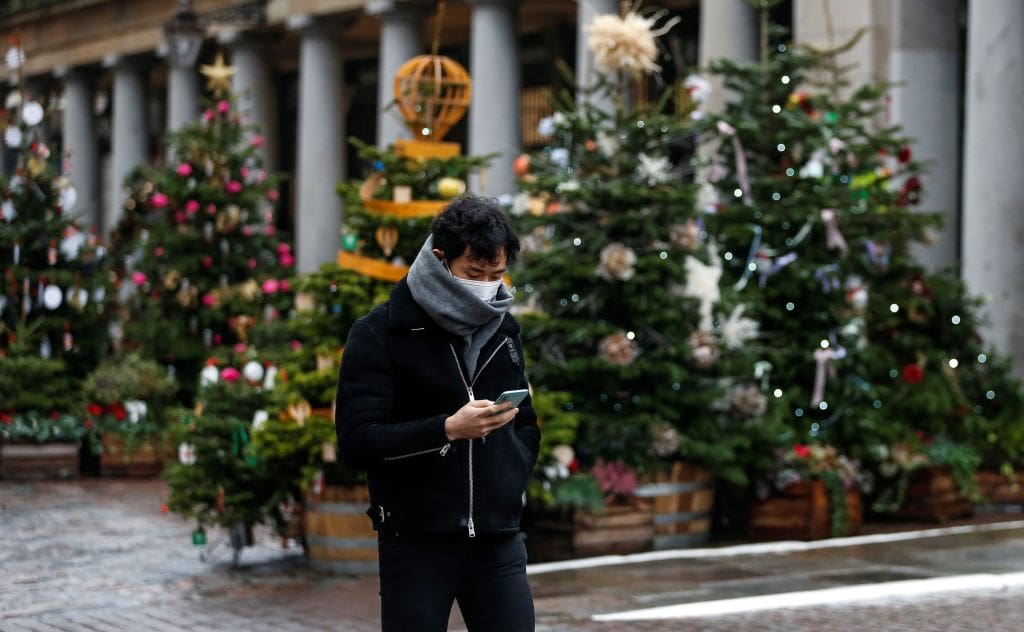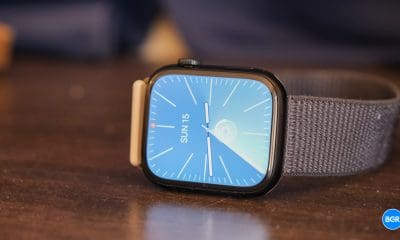Health
Stay Safe This Holiday Season: COVID-19, Flu, and RSV Guidance


Introduction
As the holiday season approaches, it's important to prioritize your health and stay informed about the latest guidance on COVID-19, the flu, and RSV. With respiratory disease season in full swing, experts are urging people to take precautions and stay up-to-date on vaccinations and safety measures.
Peak Season for Spread
Late fall and winter are typically peak times for the spread of COVID-19, the flu, and RSV. Recent surveillance data suggests that all three are already on the rise in the U.S. Experts expect to see continued increases in infections in the coming months as temperatures drop.
COVID-19 Booster Shot
If you haven't had COVID-19 or been vaccinated against it in at least six months, experts recommend getting the updated booster shot. Immunity from previous vaccinations may not protect you from currently circulating strains. It's important to get the booster shot to enhance your protection against COVID-19.
Timing is Key
When it comes to getting vaccinated, timing is crucial. It takes about two weeks for the body to mount a full immune response after getting vaccinated. So, it's important to get the booster shot well in advance of any holiday gatherings or events.
Combining Flu Shot and Booster Shot
Recent research suggests that you can get your COVID-19 booster shot and flu shot at the same time without reducing the efficacy of either vaccine. This means you can schedule both appointments together for added convenience.
RSV Vaccine for Eligible Individuals
Eligible individuals, such as pregnant women and the elderly, should consider getting the newly approved RSV vaccine. Young babies can also receive an antibody treatment to protect against RSV.
Isolation and Masking Guidelines
If you test positive for COVID-19, it's important to isolate yourself for at least five full days. Even after the isolation period is over, you should continue wearing a high-quality mask, such as an N95 or KN95, when around other people indoors. If your holiday plans fall within the initial five-day isolation period, it's best to wait until you're better to see family. If you're still within the recommended 10 days of masking, it's advisable to stay home or continue wearing a mask, especially if you'll be around high-risk individuals.
Testing and Travel
While testing requirements for travel have decreased, it's still recommended not to travel during the five-day isolation period. If you must use public transit, you should remain masked until you receive two negative test results taken 48 hours apart.
Safe Holiday Gatherings
If you're hosting a party, it's a good idea to ask guests to test before attending, especially if there will be high-risk individuals present. Consider hosting the gathering outdoors if the weather permits, and if not, improve airflow by opening windows. Have a supply of masks on hand and be prepared to move the party outdoors if necessary.
Exposure and Precautions
If someone at a gathering turns out to have COVID-19, you don't have to isolate yourself unless you develop symptoms or test positive. However, it's recommended to wear a mask around others, monitor yourself for symptoms, and consider testing yourself after exposure. Research suggests that illness can start in as little as three days after an Omicron exposure.
By staying informed, following guidance, and taking necessary precautions, you can enjoy a safe and healthy holiday season.


Hey there! I’m William Cooper, your go-to guy for all things travel at iMagazineDaily. I’m 39, living the dream in Oshkosh, WI, and I can’t get enough of exploring every corner of this amazing world. I’ve got this awesome gig where I blog about my travel escapades, and let me tell you, it’s never a dull moment! When I’m not busy typing away or editing some cool content, I’m out there in the city, living it up and tasting every crazy delicious thing I can find. Join me on this wild ride of adventures and stories, right here at iMagazineDaily. Trust me, it’s going to be a blast! 🌍✈️🍴













